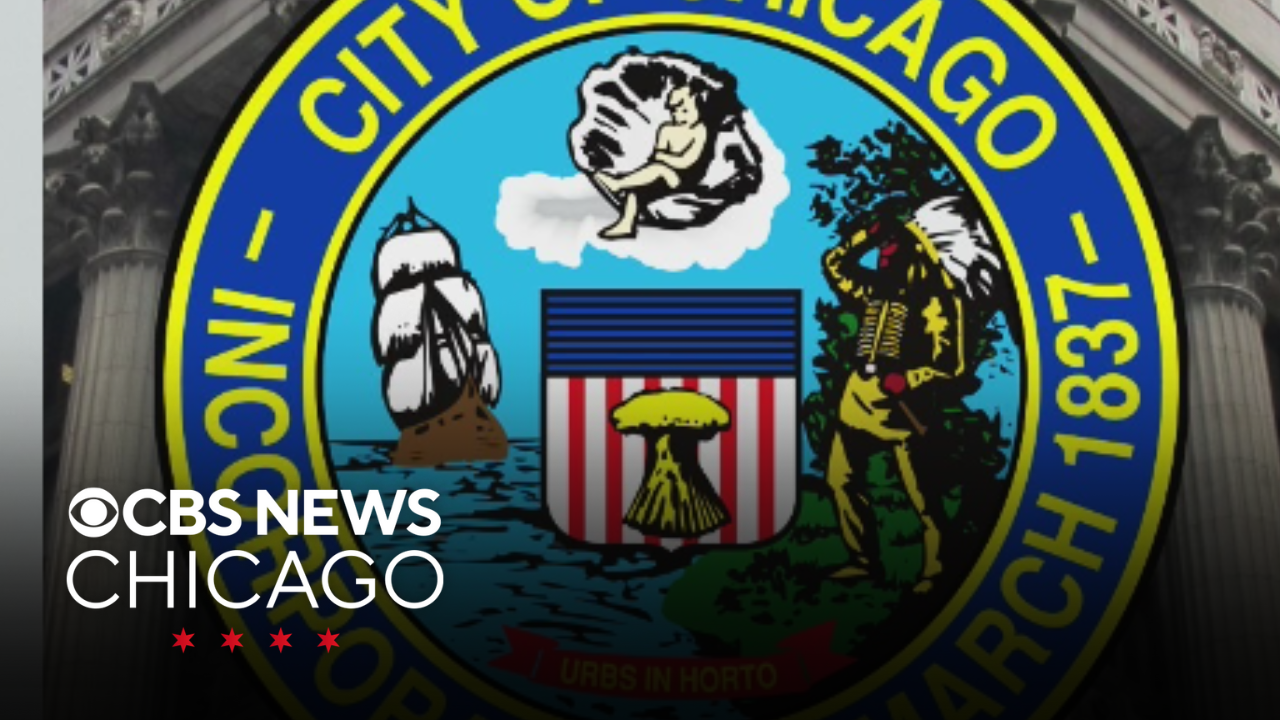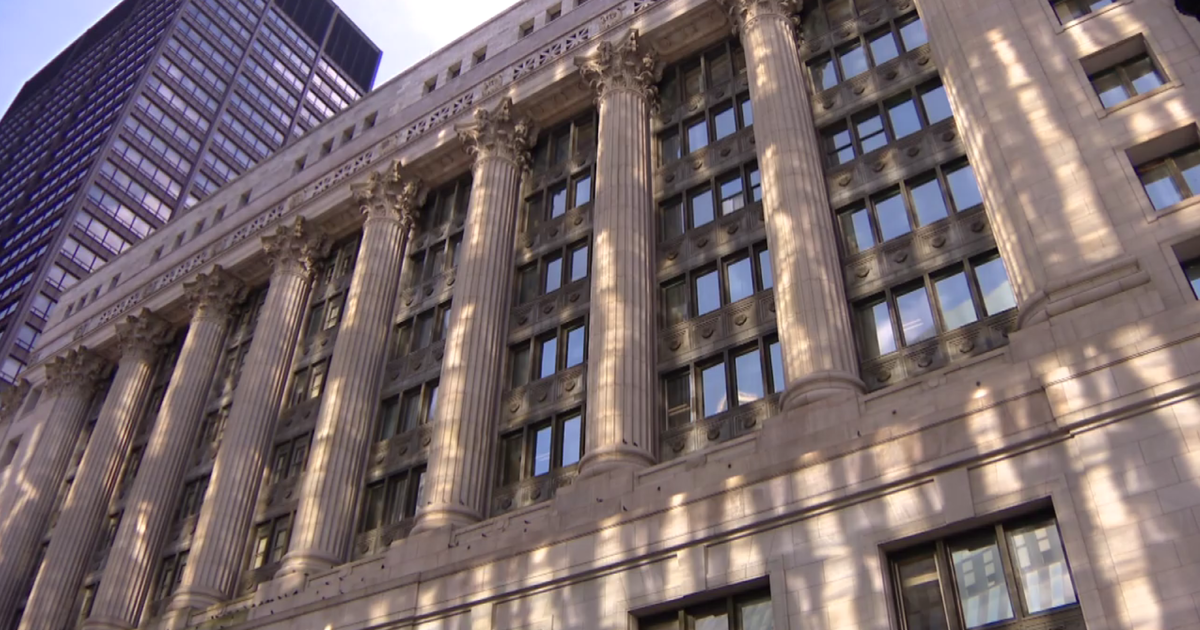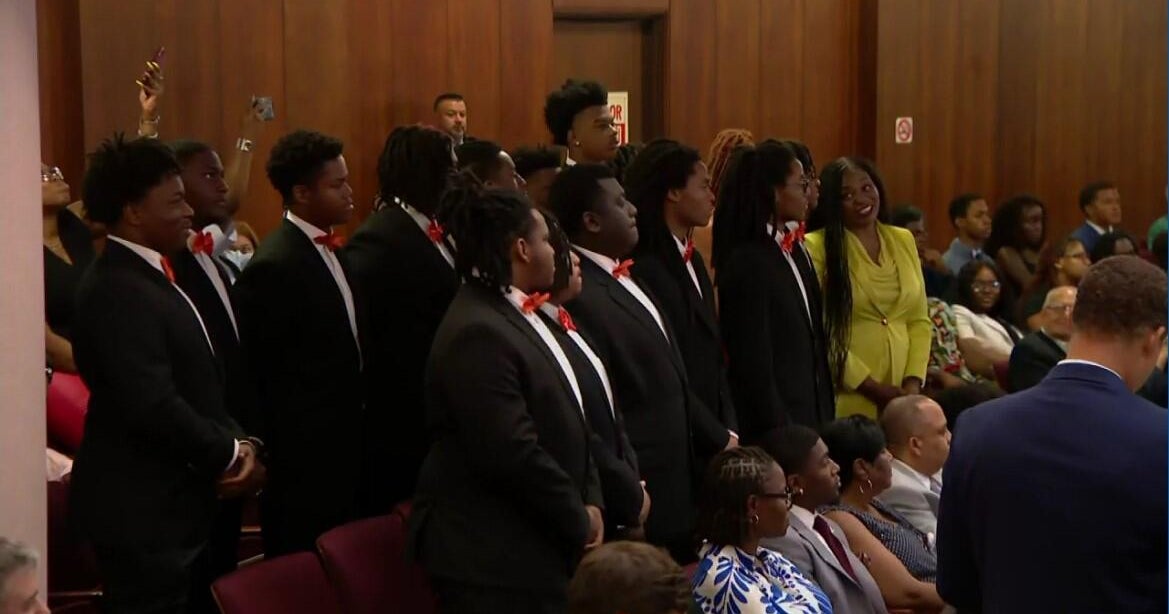Chicago City Council Zoning Committee backs bid to legalize "granny flats" citywide
The City Council Zoning Committee on Tuesday advanced a proposal to legalize so-called "granny flats" citywide, allowing Chicago homeowners to build basement, attic, garage, and coach house apartments on their property without obtaining special permission from their alderperson.
The 13-7 vote came after supporters of the "additional dwelling unit" ordinance agreed to a number of safeguards aimed at preventing a deluge of such apartments from being built in neighborhoods where most existing housing is single-family homes.
Chicago has largely banned the construction of additional dwelling units since 1957.
In 2020, the City Council approved a pilot program allowing construction of additional dwelling units in five areas of the city, and for the past two years, Ald. Bennett Lawson (44th) has been pushing to allow so-called "granny flats" citywide in an effort to put a dent in the city's shortage of affordable housing.
City officials have estimated Chicago has about 120,000 fewer units of affordable housing than it needs, and supporters of the additional dwelling unit ordinance said the measure will help ease that shortage.
"The point of this ordinance is to add gentle density into spaces that already exist to help to begin to address our housing crisis," Lawson said.
Mayor Brandon Johnson has thrown his support behind the measure, arguing it will help drive down the price of housing in Chicago.
"My hope is that the City Council recognizes the need that exists around the city, and that they don't become narrow or sort of blinded by their own sort of specific space and time, and being able to see the larger picture," he said last week.
The measure would allow additional dwelling units to be built "by right" in any part of the city, meaning homeowners would not need to seek a zoning change that would effectively require approval of their alderperson. Homeowners would still have to get the necessary construction permits and construction would have to comply with the city's building and fire safety codes.
As part of a compromise negotiated by Lawson, the measure would place some limits on the construction of additional dwelling units:
- One additional dwelling unit would be allowed per block in neighborhoods zoned R-1, two units per block in neighborhoods zoned R-2, and three units per block in neighborhoods zoned R-3. Each ward's alderperson could opt out of those limits by passing a separate ordinance.
- Homeowners would be required to live on the property where any additional dwelling unit is built, to avoid a wave of out-of-town investors building single-family homes to turn into multi-unit rental properties. Likewise, individual alderpersons could opt out of this restriction in their ward.
- A home must have been built at least 20 years before constructing any additional dwelling units.
- No additional dwelling units could be rented out as short-term rentals like Airbnbs.
- Homeowners seeking to build an additional dwelling unit could request an exemption from local parking requirements through the city's Zoning Administrator to avoid having to build new parking spaces on their property.
But opponents of the ordinance have said homeowners should not be able to build basement, attic, garage, or coach house apartments without input and permission from their alderperson, even with those limits in place.
"To have this done by right, without aldermanic approval, I don't know what alderman in their right mind want to give up that authority. I don't know who would want to do that," Ald. Anthony Beale (9th) said. "I'm trying to protect my community, and by doing this by right without aldermanic approval doesn't help me control my community."
Ald. Marty Quinn (13th) said the ordinance amounts to "an attack on the working class," predicting that many people in neighborhoods dominated by single-family homes will move out of Chicago as a result.
"For someone that represents the Bungalow Belt, I feel like my residents are having this ordinance jammed down their throats, and that's not fair," he said.
But Ald. Walter Burnett (27th), who chairs the Zoning Committee, said he has not had any issues with allowing additional dwelling units in his ward, which was part of the pilot program launched in 2021.
Burnett said allowing homeowners to generate additional income by renting out apartments in their basements, attics, garages, or coach houses would help low- and middle-income families stay in Chicago amid rising costs from property taxes and inflation.
"Some folks have their kids living with them, man, because they can't afford to go anywhere else, and we need to be considerate of that," he said. "We've got to figure out another way to allow people to stay in their neighborhoods."
Tuesday's committee meeting became particularly heated when Beale falsely claimed the city's affordable housing crisis is the result of 50,000 migrants arriving in Chicago since 2022.
"When are we protecting the people that's already here?" he said. "We are destroying this city systematically."
Ald. Byron Sigcho Lopez (25th) angrily admonished Beale to "stop scapegoating immigrants who have nothing to do with this ordinance."
"I think to mention and to try to scapegoat immigrants is nothing but a distraction of the real issues that are affecting our communities," he said.
Sigcho-Lopez and Ald. Jessie Fuentes (26th) noted Chicago has been struggling for decades to provide sufficient affordable housing for low- and middle-income families.
"We had a housing shortage well before migrants arrived to the city of Chicago, and it is because there is so much red tape around development, around adding units, and around bringing affordability to our communities," Fuentes said. "The reality is that there is a lot of red tape that small landlords, in particular, have to jump through just to be able to provide units for our community."
On Wednesday, ordinance was delayed by the full City Council, which is next set to meet in September.





